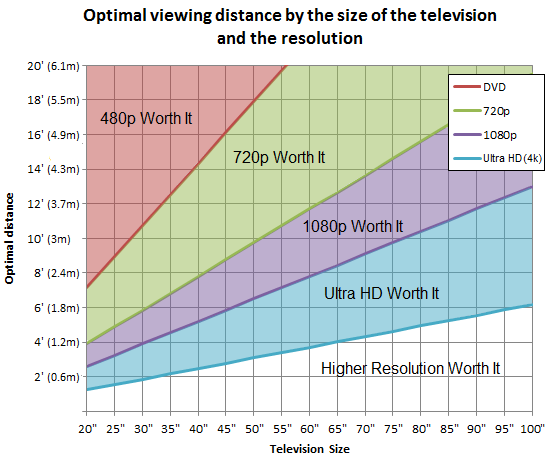Originally posted by liam
View Post
Browsers, however, are for delivering hypertext with *suggestions* on how to display it, not for lazy developers who can't be bothered to even learn Python and QT for delivering platform-independent programs, or how to write fallback code for people with handicaps like blindness.




Leave a comment: